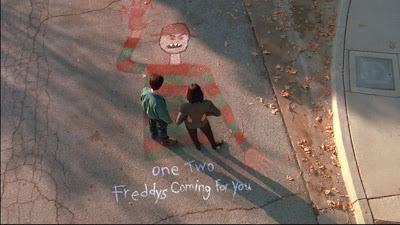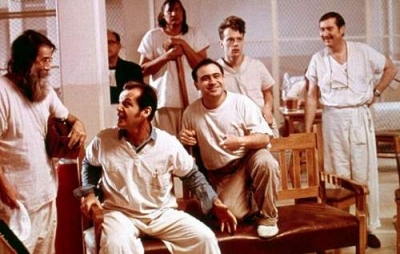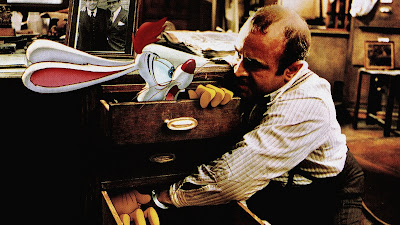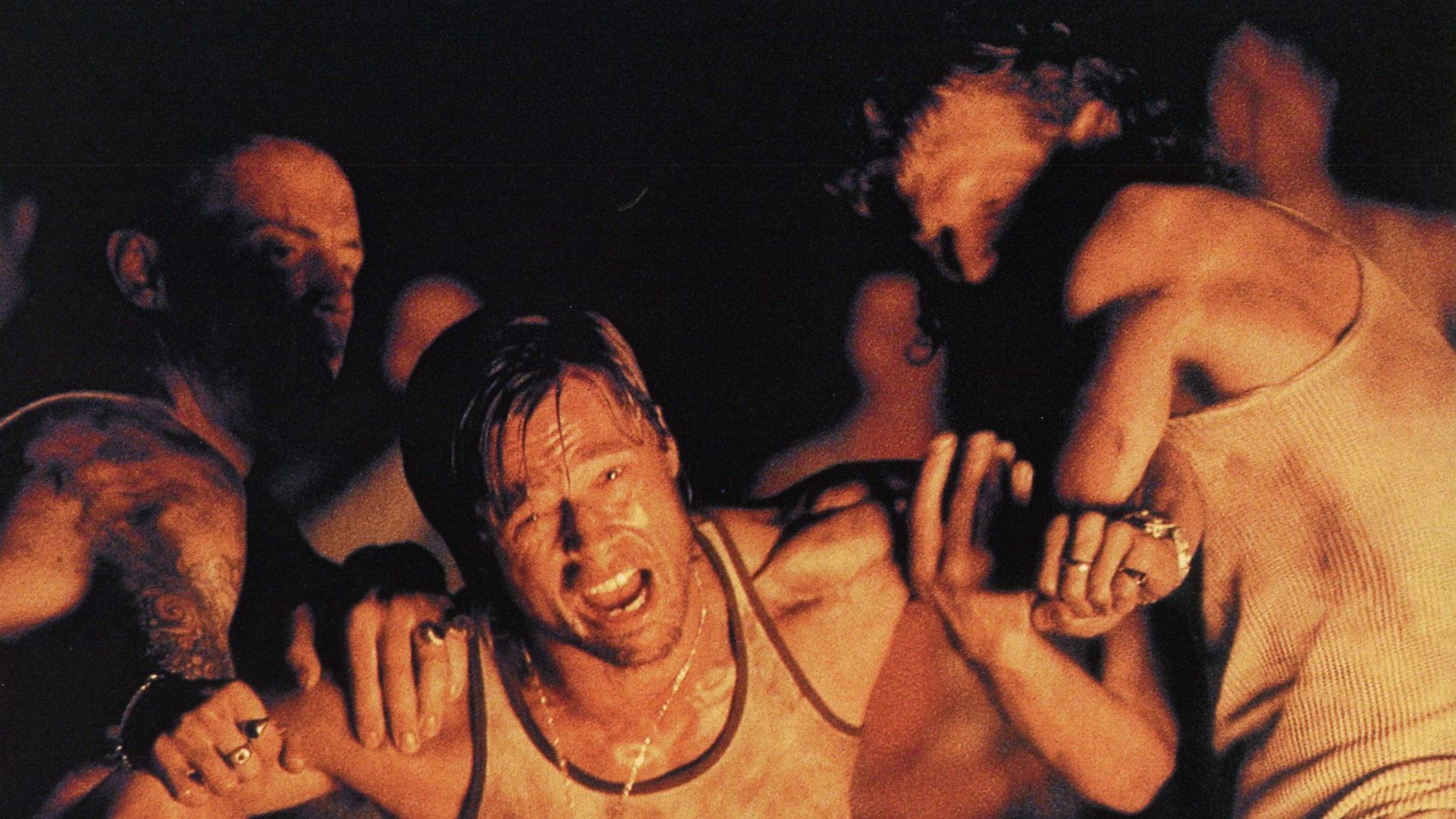A Pop Culture Junkie's View on Film
29.12.12
Cosmopolis: This Film Made my Head Hurt
Let's Continue Shall We
I know that I won't be graded and that most of these will now go unread however I'm going to sporadically review films and try to get discussions on them from any and all readers. Hopefully you will enjoy these as much as I did reviewing them.
3.12.12
The Perks of Being a Wallflower
The way Stephen Chbosky brings the characters to life in “The Perks of Being a Wallflower” makes them seem real. They are fully thought out with their own unique voices, feelings, and personalities. This was a movie in which I became emotionally invested with almost all of the characters, main and secondary. The main story is one of fitting in yet it is even broken down into the intricacies of the interrelationships involved in trying to fit in. The main character of Charlie, played by Logan Lerman, is a character who I felt like I had so much in common with, such as always feeling like he’s on the outside looking in, that deep inside he may be crazy, and the idea that he doesn’t deserve love. The idea that “we only accept the love we feel we deserve” isn’t just felt by Charlie but is felt by all of the main, and some of the secondary, characters. The emotions that I felt with this film reminded me of the way the film “Garden State” makes me feel to this day whenever I watch it. I feel as though throughout all of film the characters that aren't the norm or the ones with peculiarities make for better character development which is something that this film has plenty of. This mixture of incredible development and an intriguing story gives this film an enduring quality in that just about anyone can find a character to sympathize with.
6.9.12
Top Ten Films
1. Garden State (US, Zach Braff, 2004, 102 min.)











2. Shaun of the Dead (UK, Edgar Wright, 2004, 99min.)

3. The Nightmare Before Christmas (US, Henry Selick, 1993, 76 min.)

4. Clownhouse (US, Victor Salva, 1989, 81 min.)

5. Freddy's Dead: The Final Nightmare (US, Rachel Talalay, 1991, 89 min.)

6. Tombstone (US, George Cosmatos, 1993, 130 min.)

7. One Flew Over the Cuckoo's Nest (US, Milos Forman, 1975, 133 min.)

8. Jurassic Park (US, Steven Spielberg, 1993, 127 min.)

9. Who Framed Roger Rabbit (US, Robert Zemeckis, 1988, 104 min.)

10. Snatch (UK, Guy Ritchie, 2000, 104 min.)

5.9.12
A Look into Duality or A View on "Fight Club"
When you hear the name “Tyler Durden” most people immediately see the character played by Brad Pitt, but what if I told you that you had it all wrong and that no one was really Tyler or that both the narrator and Tyler aren’t real. When watching the film “Fight Club” you’re only getting the perspective of the narrator who upon further review is a very untrustworthy character. He’s not really sure as to whom he is and therefore we can’t be too sure either. The way the director, David Fincher, sets up certain scenes also suggests the blurring of reality such as in the beginning of the film when there are brief flashes of a character as the narrator is walking along in an airport, when both the narrator and Tyler talk about splicing porn into children’s films this is characters breaking the 4th wall, and during one scene where the film itself appears to shake and start to burn. This suggests the psychosis is taking root and reality is giving way. The fact that the narrator is never actually named could lead you to believe that everything is all a part of a grand delusion, for all the viewer knows even the narrator is a made-up persona of someone else.
One could argue that the two characters are actually two parts of another person entirely, with one being the soft spoken, never give anyone grief, good natured narrator and the other being the loud, abrasive, chaotic Tyler. Using this argument one could say that the entire film is the battle between a third entity’s light and dark halves. The light half lives what most would see as a bland, boring, good natured life whereas the dark half lives in a chaotic, dirty, destructive life. The main action of the film is the viewer trying to find balance between the two, and ultimately it’s down to the viewer as to who wins out. Does the narrator win because he vanquishes Tyler, does Tyler win because he succeeds with his plans, or is there no winner because both succumb to mortal wounds? These questions are only a small portion of what the director leaves up to the viewer to decide. In the end it’s just like life only you have the final answer.
Subscribe to:
Posts (Atom)